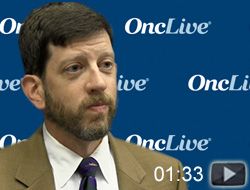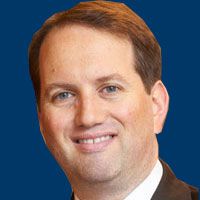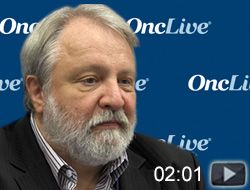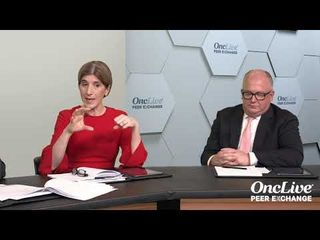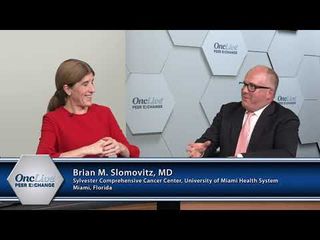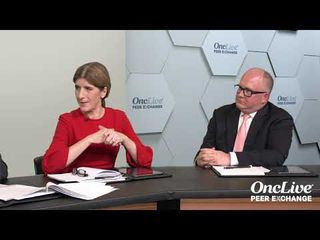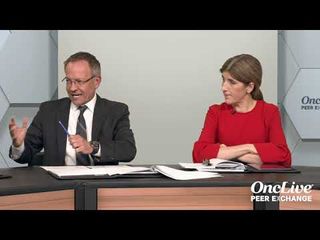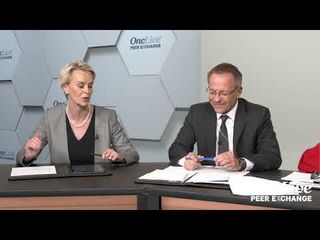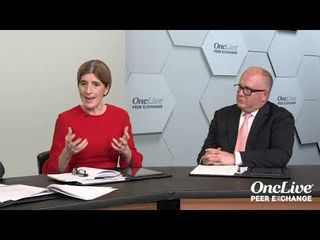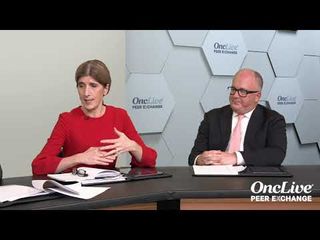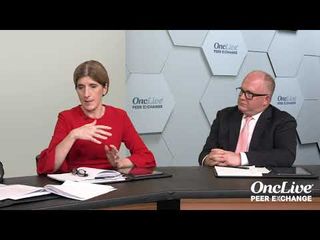
Ovarian Cancer
Latest News
Latest Videos

CME Content
More News

The FDA granted a priority review in March to a new drug application for maintenance olaparib, and is scheduled to make its final decision on the PARP inhibitor before the end of the year.

Since the approval of LYNPARZA, over 3,000 US women with germline BRCA-mutated advanced ovarian cancer have been treated with this important medicine.
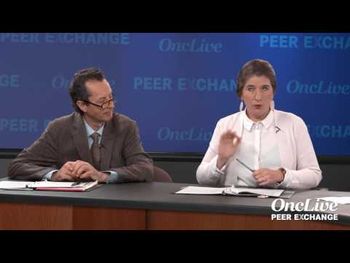
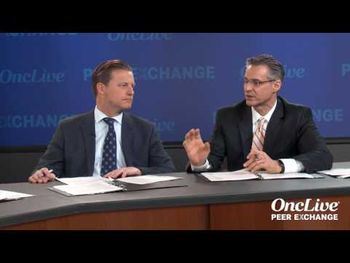
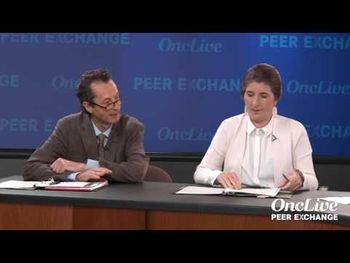

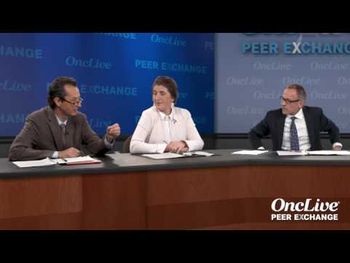

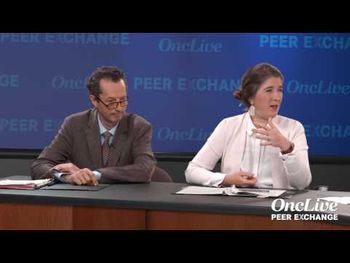
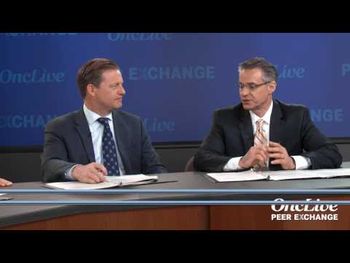
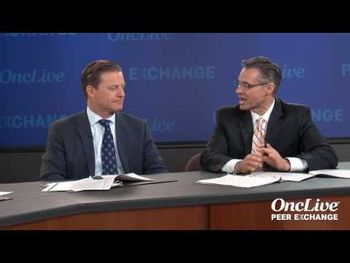
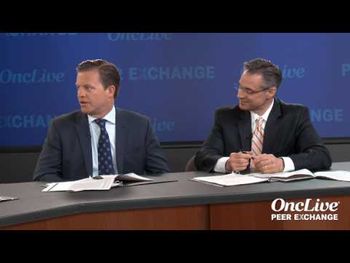

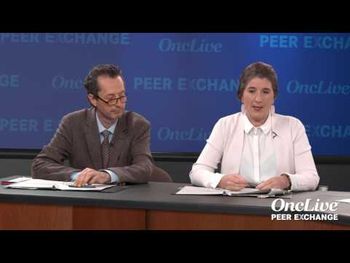

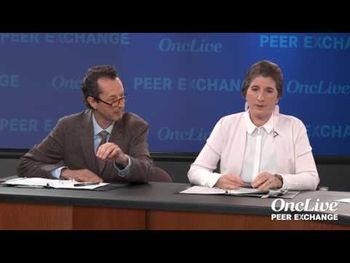


The future of treatment for ovarian cancer may lie in immunotherapy combinations with PARP inhibitors or checkpoint inhibitors.
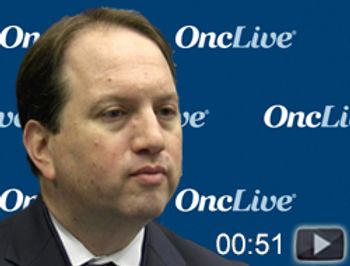
Douglas A. Levine, MD, professor, Department of Obstetrics and Gynecology, director, Division of Gynecologic Oncology, NYU Langone Medical Center, discusses the PARP inhibitor landscape for patients with ovarian cancer.

Researchers have yet to determine the degree to which harboring a BRCA1 or BRCA2 mutation raises a woman’s lifetime risk of developing breast and ovarian cancer.

Phase III data from the ARIEL3 trial showed that rucaparib (Rubraca) improved progression-free survival versus placebo as a maintenance treatment for women with platinum-sensitive, high-grade ovarian, fallopian tube, or primary peritoneal cancer.

The PARP inhibitor olaparib demonstrated clinically significant, long-term treatment benefits in patients with platinum-sensitive relapsed serous ovarian cancer in a recent study.

Michael J. Birrer, MD, PhD, discusses some of the exciting data presented at the 2017 ASCO Annual Meeting, especially with olaparib (Lynparza) in SOLO2, and what other emerging advancements are poised to transform the landscape.

Data from phase I pooled expansion cohorts showed that mirvetuximab soravtansine (IMGN853) induced a solid response rate in patients with platinum-resistant ovarian cancer who had received 1 to 3 prior lines of therapy.

Patients with ovarian cancer who had a partial response to previous platinum-based therapy had superior progression-free survival with or without germline BRCA mutations after treatment with niraparib (Zejula), according to a posthoc analysis of data from the ENGOT-OV16/NOVA trial presented at the 2017 ASCO Annual Meeting.


